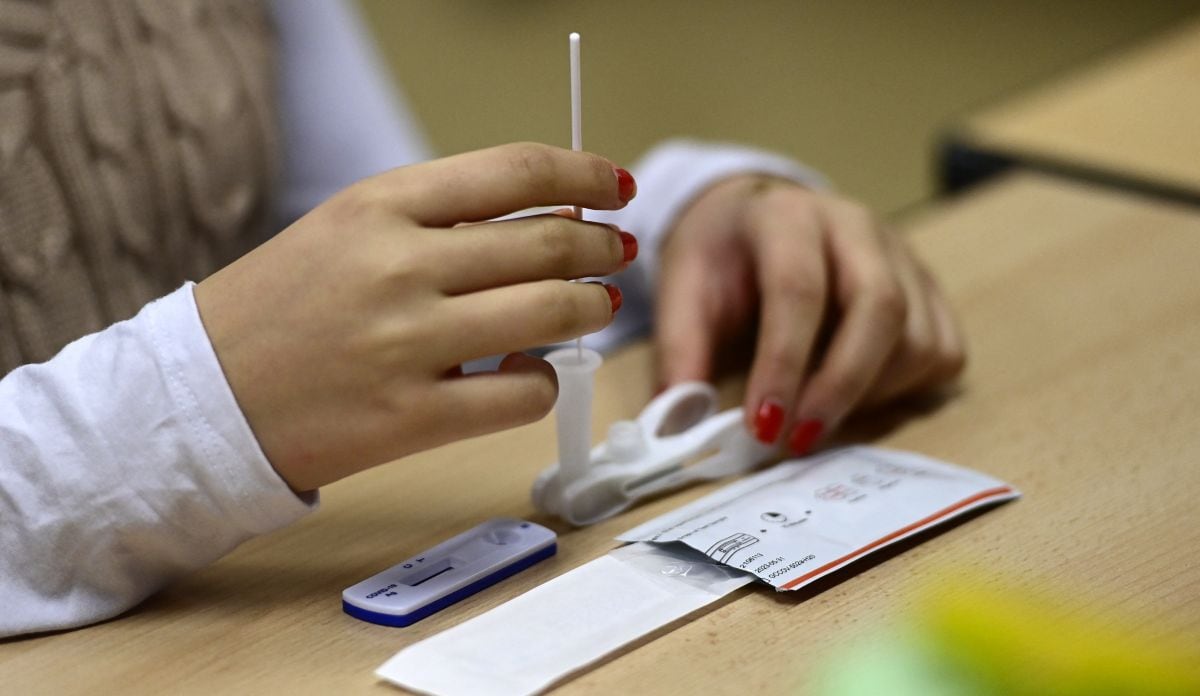
The World Health Organization (WHO) has observed that the new COVID-19 virus detected in three European countries – France, the Netherlands and Denmark -, which combines the delta and omicron variants, and is beginning to be known as “deltacron“, have “a low level of circulation.
The WHO does not rule out, however, that this initial impression is related to the drop in the number of COVID-19 tests in most of the world.
“In view of the decrease in testing in the world we are at a disadvantage in tracking this virus as effectively as we should”, commented the head of the WHO anti-COVID technical unit, Maria Van Kerkhove.
He recalled that after two years of the pandemic there is a very important global diagnostic and genetic sequencing capacity for the coronavirus, which is being underutilized due to the impression that the pandemic is over or that it is no longer serious.
Van Kerkhove said it’s important to maintain and utilize those capabilities.”because as we have been saying, as long as this virus continues to circulate, it will have more opportunities to change. The possibility of a recombination (of variants) was always on the table”.
The WHO does not have a name for the recombination that has been detected in a small number of cases in France, the Netherlands and Denmark, although it has already begun to be known as “deltacron”.
The Brazilian health authorities reported Tuesday that they had confirmed two infections with deltacron, but today they rectified and said that these are cases that are still being investigated.
Recombination of viruses occurs when two different viruses – in this case the delta and omicron variants – manage to exchange large amounts of genetic information, producing a new virus.
“Most of these viruses, due to the enormous change in their codes, are not viable, they are not good at infecting another human, but sometimes one appears that is,” explained the director of WHO Health Emergencies, Mike Ryan.
In the last week, global cases of COVID-19 rose again (8%), which is linked to the wave of infections caused by the omicron variant in China and other East Asian countries, although at the same time the number of deaths in the world fell by 17%, compared to the previous week.
Van Kerkhove attributed the increase in cases to the lifting of restrictions in more and more countries (social distance, use of a mask, among others), as well as incomplete vaccination coverage in several countries.
Likewise, he blamed misinformation for the increase in cases, “since many people are hearing that the pandemic is over, that omicron is the last variant that we will see or that it is not serious”, all of which – he said – is false.
Source: Gestion
Ricardo is a renowned author and journalist, known for his exceptional writing on top-news stories. He currently works as a writer at the 247 News Agency, where he is known for his ability to deliver breaking news and insightful analysis on the most pressing issues of the day.












